Photography can be brutal. So brutal that it can sometimes force you to take a pause or stop altogether. This brutality can come in several forms. Toxic comments, lack of appreciation, or just not getting the shots you hoped for.
All of these can put a serious dent in your photographic confidence, making you doubt your abilities. If this has happened to you, know that you are not alone. It happens to every photographer, whether they only picked up a camera last month or a near 40 year professional like myself.
While you will never fully overcome it, you can employ means to control it. Today we will look at how to be confident in your abilities.
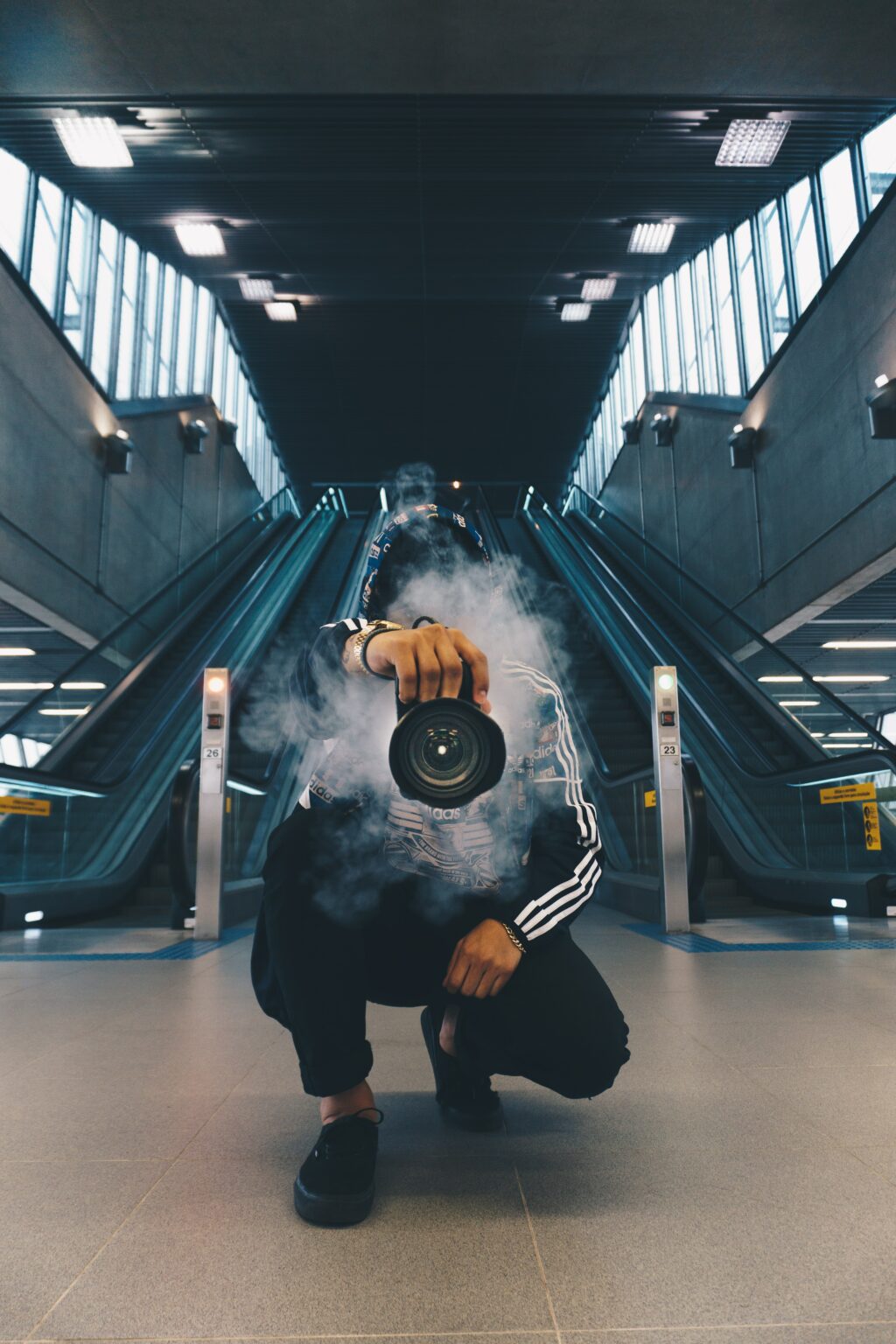
Don’t Be Overconfident
Pride comes before a fall is a very apt idiom for photographers. There is confidence, and then there is overconfidence. The former will stand you in good stead for your photographic journey, the latter will eventually put a big dent in your ego.
Overconfidence comes with the belief that you are creating images way beyond your own ability. Modern cameras tend to flatter us and, in turn, make us overconfident. They control the exposure, the color, and the focus. They will often nail all three, leaving us only the composition to deal with. However, if you don’t understand what the camera is doing, then it will be difficult to replicate.
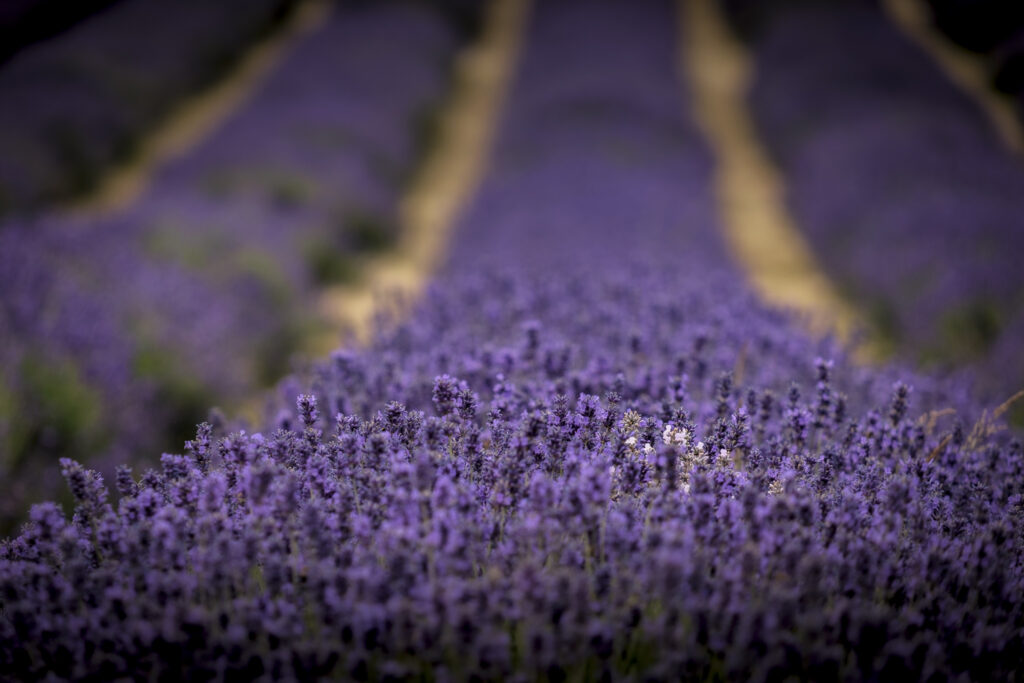
The worst excess of overconfidence is arrogance. One classic way this can manifest itself is to give acclaim to your own images. I have seen this repeatedly in forums and groups, whereby a poster will talk about their awesome, amazing shot. This is very much setting yourself up for a fall. No matter how good your shot is, there will always be some way to improve it. One of the best bits of advice for any artist is to be your own harshest critic; if you cannot be this, you will always be overconfident.
Positivity Is Good But Not Always
Another driver of overconfidence is positivity and, in particular, the positivity that we get on social media. Posting images on social media can be an excellent way to promote your photography and build a following. However, you should not take likes and comments as validation that your images are the best they can be.
Social media, by its very nature, is a vicious circle of endless praise. The fear is that by being honest with someone, you will find people being honest with you. Honesty is what you need to hear but not what you want to hear, and so rather than critique, you praise others.
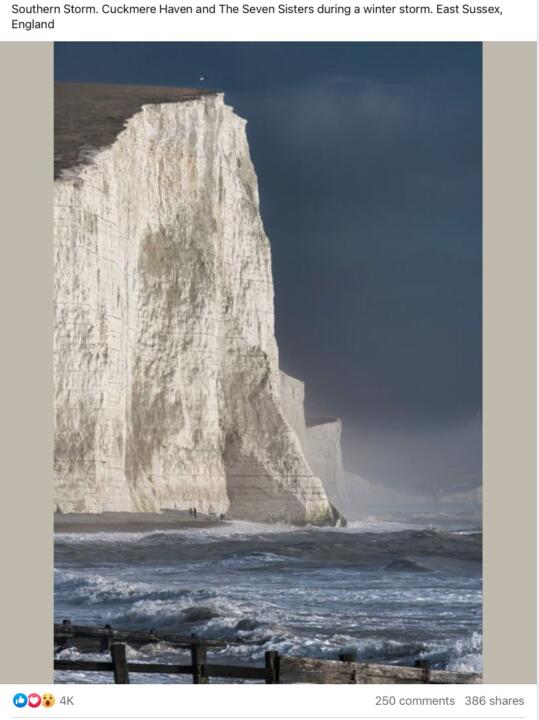
Positivity is good, but only when mixed with a healthy dose of reality. That combination can actually be one of the very best boosts to your confidence. Someone who enjoys your image yet has taken the time to point out where it can be improved should be cherished. It’s well worth building a relationship with these people, either online or real. They will be invaluable in improving your confidence and moving your abilities forward.
Overcoming Negativity
Probably the biggest destroyer of confidence is negativity. Primarily this will be in the form of harsh, unjustified comments on your images. However, it can be toxic comments about your choice of equipment or even personal attacks on you.
If social media is a never-ending virtual love fest, forums and real-world photography groups can be a bastion of backbiting and toxicity.
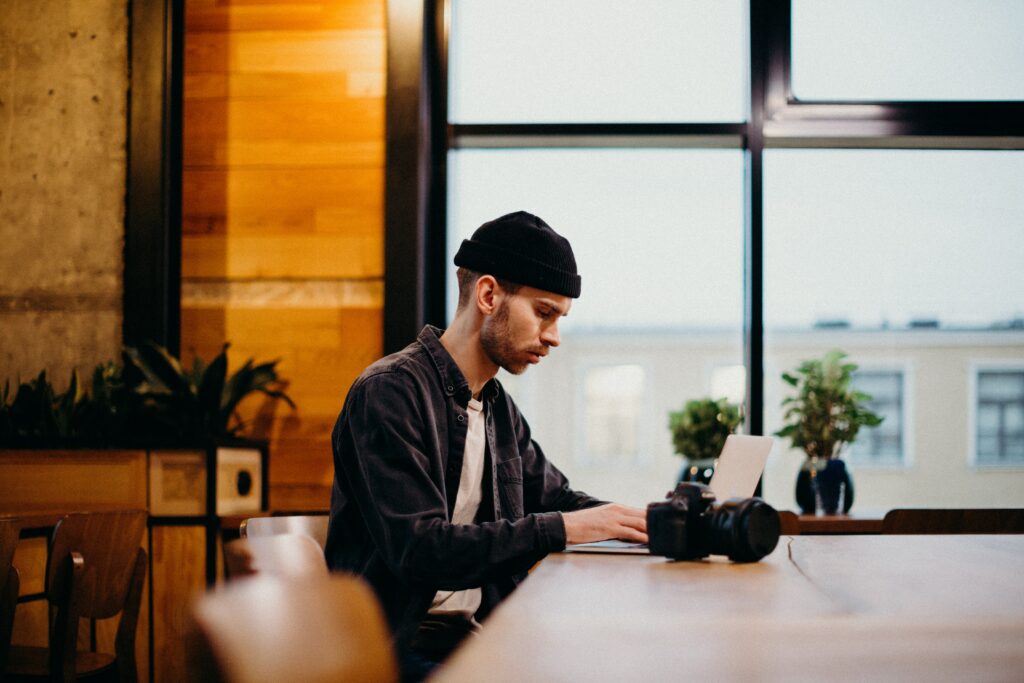
However, to me, there is one simple way to ride above negativity, and that is to take it as an opinion, not a fact. Pretty much everything about photography will be an opinion rather than a fact.
A harsh comment on your image is just an opinion. It’s an opinion that may be driven by a genuine desire to help you. It may equally be driven by envy in the person commenting. Any comment on an image will always be entirely subjective.
Toxic comments about you or your equipment actually have nothing to do with you or your equipment. The commenter’s own insecurities entirely drive them. Once you engrain this into your mind, it will be very easy to rise above such comments and not allow them to dent your confidence.
So What Is Being Confident In Your Ability?
A person that is confident in their own photographic ability will be prepared to take on board constructive criticism about their work. They will equally be able to defend their artistic vision and put the case as to why they made certain technical and creative decisions.
They will understand many of the artistic and technical aspects of photography but also be willing to take on board that there are often many different ways to achieve a similar result.
Confidence is the ability to talk authoritatively about photography without preaching. It’s about raising the camera to the eye and knowing that everything is set for you to take a good picture. But it’s also knowing why a particular image failed and how to get it right next time.
Much of this translates over to the post-production phase as well. Post-production often needs confidence not only to push an image further, to get the look you desire, but also to know when you have pushed that image too far.
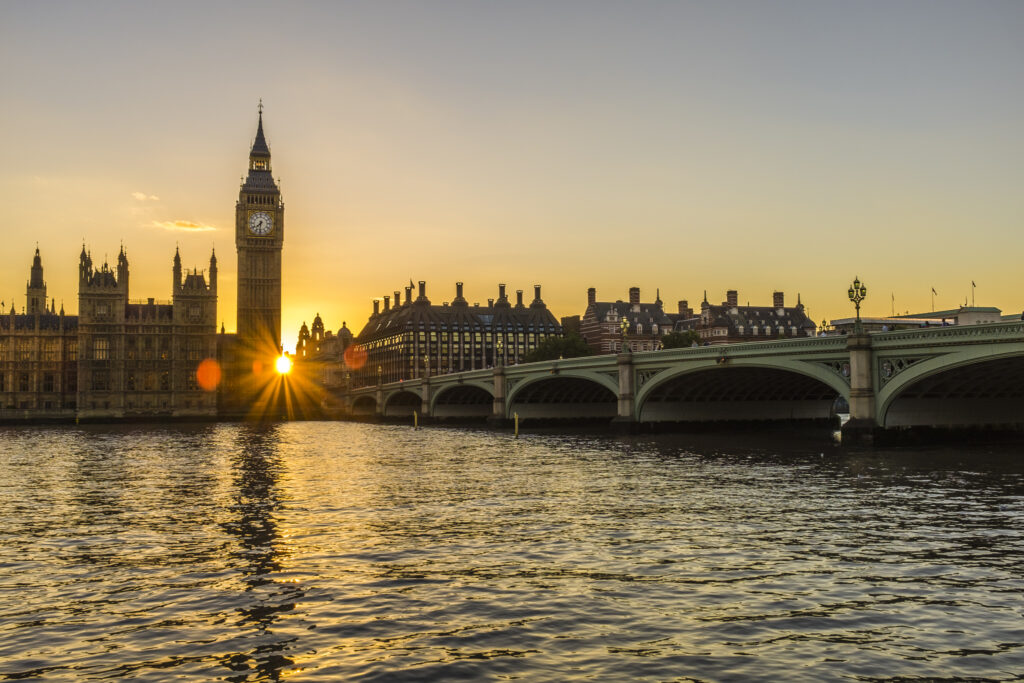
If there is one driving factor that defines confidence in photography, it’s experience. Clearly, experience takes time, and that’s why so many potentially great photographers give the hobby up too early.
If you are new to photography and lack confidence, it can be brutal. However, you can rapidly build confidence by pushing the boundaries of your ability, learning new techniques and new genres, and accepting the help of those you trust and admire.
A dent to confidence can be hard to recover from, whether you are a newcomer or a seasoned pro. However, ride it out, push on, and continue to take pictures, and you will soon smooth out that dent. Just to let you into a little secret, this article was inspired by a dent in my own confidence.

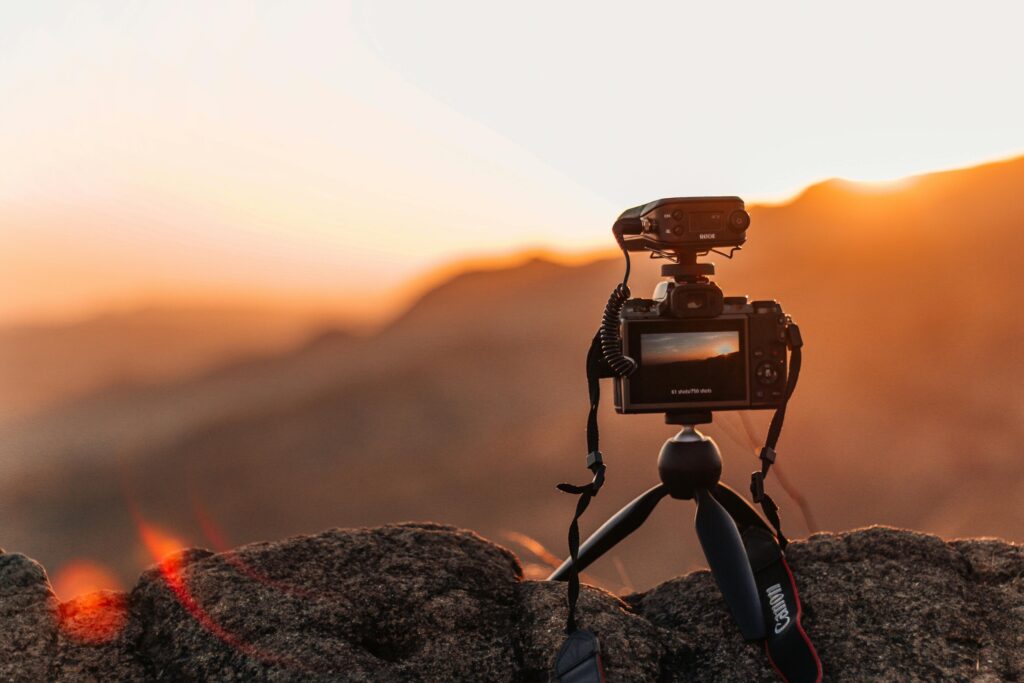
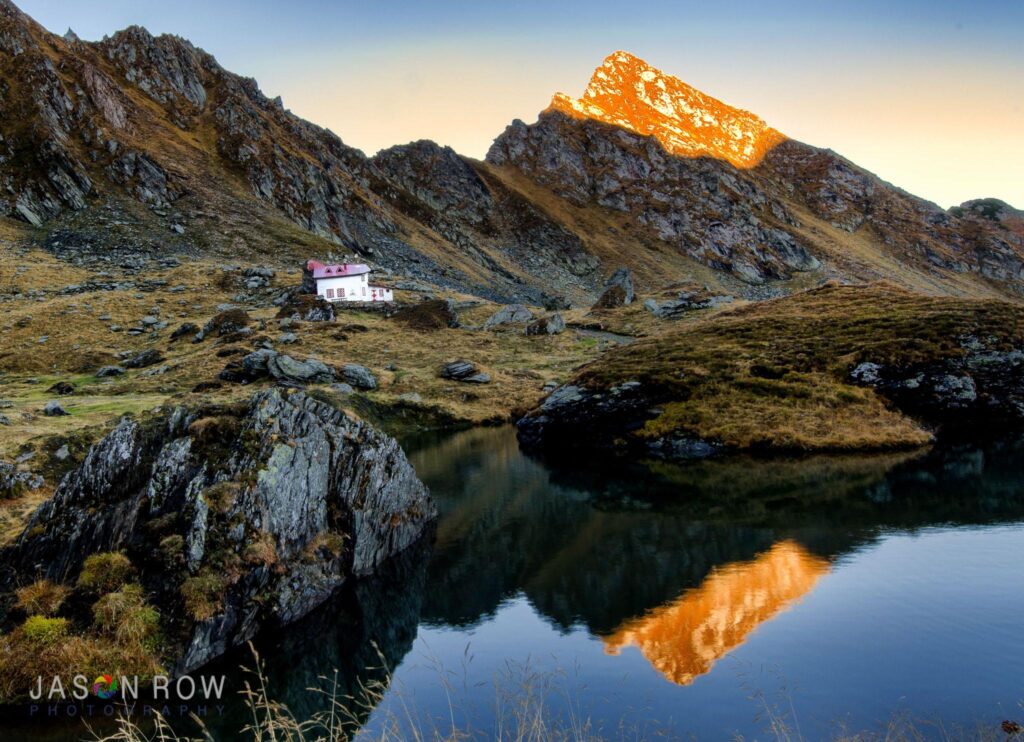
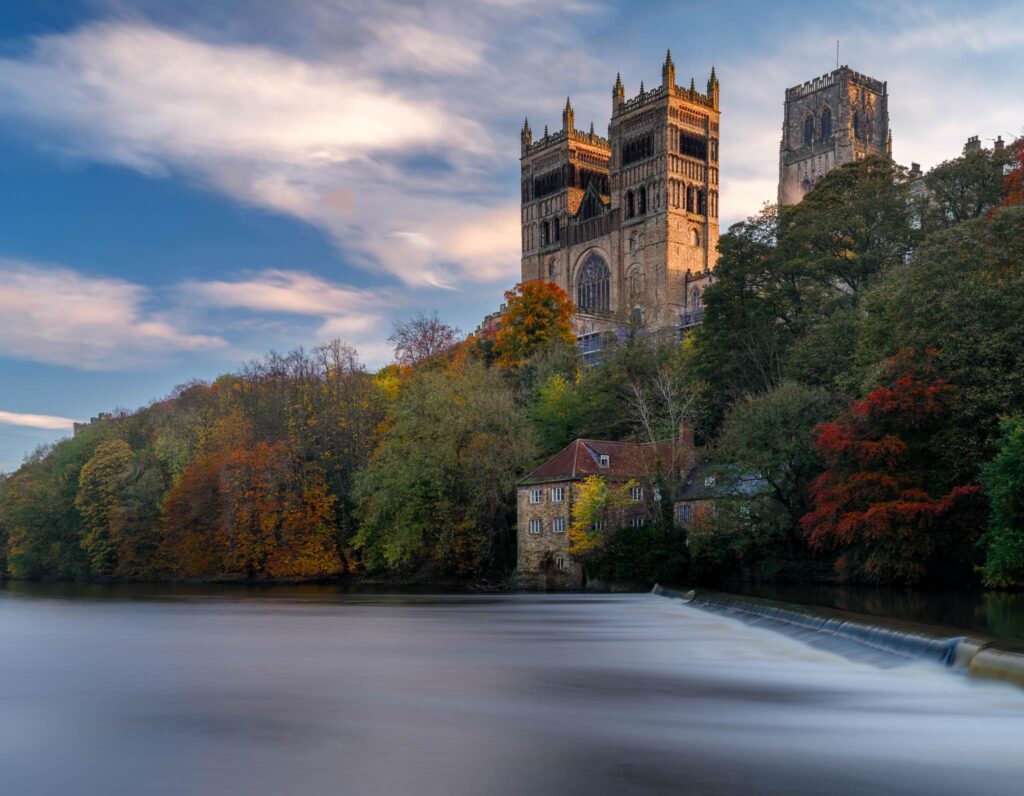

2 Comments
Nice article. Excellent point about experience. Related to that, I’ve found that lack of practice (not getting out with your camera regularly enough) can cause dents in confidence as well. Good advice here to just keep shooting.
An excellent piece, thank you for sharing your thoughts. Many years ago I submitted a photo as an assignment in a class. It was a sailboat at anchor in a small lagoon, bow facing to the right, toward the edge of the image. The instructor tore into me about composition, the boat should be headed into the frame. Yeah, I know. But I wanted the image to show tranquility, not action. I showed the photo to several artists and they loved it. The instructor panned it. I decided the instructor was just short-sighted and wanted to follow the rules. But rules can be broken. Thank goodness that instructor didn’t kill my desire.